Freedom: Her name was Linda
 Tuesday, August 4, 2020 at 9:33 AM
Tuesday, August 4, 2020 at 9:33 AM by Kayce Stevens Hughlett
It was 1963 in Bethany, Oklahoma. I didn’t know it was considered dangerous to be friends with the girl who laughed and skipped and played just like me. I didn’t know that the adults in my life, had they paid attention to our friendship, would have whispered in my ear that she was nothing like me. I didn’t know that in the same month we played together, four black girls attending church in Alabama would be killed by a white supremacist’s bomb or that later that fall our president, John F. Kennedy would be assassinated barely 200 miles from my home. Freedom was knowing what I didn’t yet know.
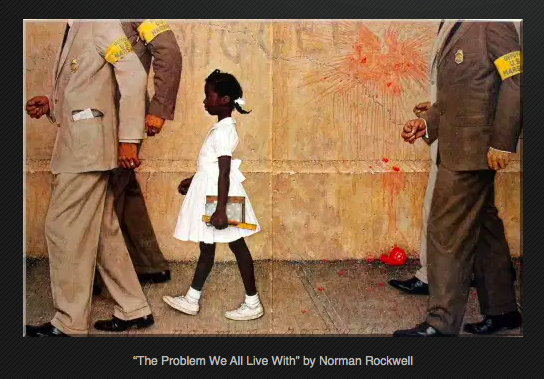 Ruby Bridges - Click photo for her story Her name was Linda and we were in 2nd grade. In quiet moments, I can still feel her hand in my palm. Mine soft. Hers coarse. Both sweaty and intertwined. Little girls’ hands locked together as we skipped across our school playground. It was a brief moment in time. At once, joyful. In hindsight, heartbreaking. I remember her with me that sunlit day and then she was gone. Where did she go? Why did I let go of her hand? Who is she now?
Ruby Bridges - Click photo for her story Her name was Linda and we were in 2nd grade. In quiet moments, I can still feel her hand in my palm. Mine soft. Hers coarse. Both sweaty and intertwined. Little girls’ hands locked together as we skipped across our school playground. It was a brief moment in time. At once, joyful. In hindsight, heartbreaking. I remember her with me that sunlit day and then she was gone. Where did she go? Why did I let go of her hand? Who is she now?
Linda is my first story of racial awareness. The marking of my history when I became aware in a childlike way that people came in different colors and the adults in my life believed that somehow mattered. I wrote about Linda forty years later while in graduate school studying counseling psychology and we were invited to explore our own stories of race. Linda had traveled with me through the bigotry of my conservative upbringing and the influence of my parents, kind and loving individuals who always made certain I was sheltered, fed, and safe. Racial messages were delivered through loosely veiled language of separation in sentences like: “I’m sure they’re nice people, but I wouldn’t want to live next door to them.” Hearing such phrases, my body responded in a way that was discombobulating at best and damaging to my soul at worst. Bigotry and judgment wear many disguises.
The phrase about “the nice people” followed me through my childhood and into my thirties when I arrived in Seattle with my husband. It was a sobering morning as I carried muffins next door to welcome our new neighbors and was greeted at the door by a sprite of a child with a dozen braids in disarray and hand cocked on her left hip. She peeked from behind the screen door, boldly looked me up and down, and then proclaimed, “We don’t like no honkies here.” Nothing felt nice about this interaction. Still, I forged ahead and asked if her mom was home, and delivered my home-baked muffins. I formed words of welcome, even though I’d been slapped by the tone of that child’s words and the knowledge that her parents likely shared her sentiment about me and my kind. I felt the sting of otherness, but didn’t yet connect that this was an everyday experience for many people of color.
Busy raising my own children, I didn’t return to formal education until my late forties. Working as an accountant and homemaker, I’d yet to dive into my story of growing up a middle class white girl in the center of the United States, one mile off of Route 66, in the bosom of the Bible Belt. In my personal history, I’d learned that psychology was considered psychobabble except in rare cases of insanity. Sociology was socialist and men were the God-designated heads of all households. Christianity, the one true religion. Heaven and hell were places reserved for the afterlife. I’d never heard the term white privilege or white fragility and had yet to delve into matters of the heart from an analytical, academic, or spiritual approach. I’d been raised to trust and believe my elders, because they knew best. It didn’t occur to me that so much of what they taught me came out of unexamined opinions that had never been questioned by them or their forefathers and mothers. That the stories I breathed in were patriarchal and systemic in nature. That I carried the blood of bigots in my veins, even though they were very good people. When Linda and I skipped across the playground, I had no idea that holding her hand was viewed as a potential crime or circumstances for punishment.
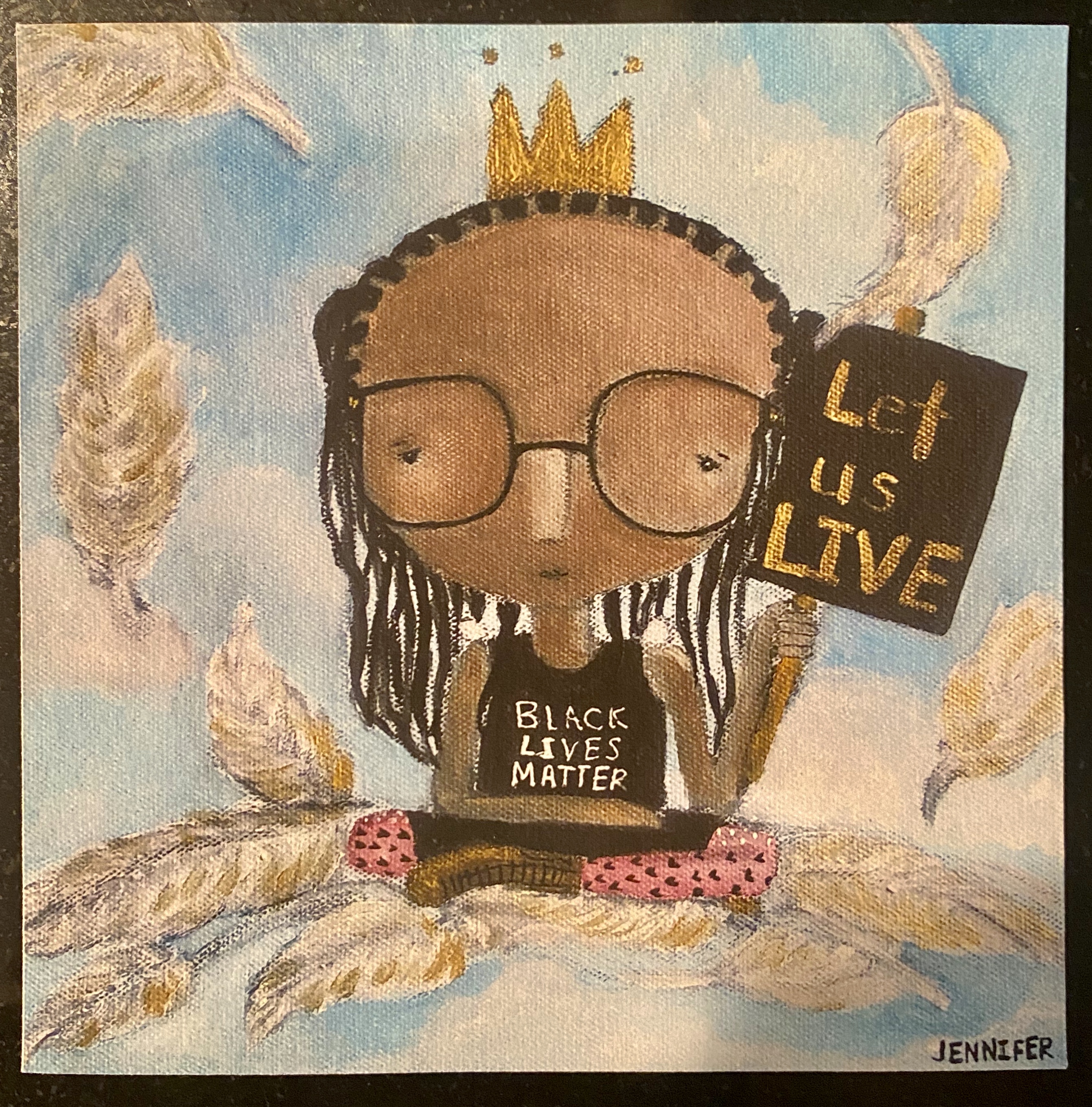 Click image to support artist Jen DavisDecades later, I pause and feel sorrow for taking so long to ask the questions that were begging for answers all my life. When I imagine Linda’s hand in my own, my heart aches. I pause and gaze at another face on my desk, a 5 x 5 inch portrait of a girl with braids, glasses, and golden crown, one hand holding a sign that implores, “Let Us Live.” In this face, I see my friend Linda. I hear our giggles and remember the skip in our steps. It did not take a printed t-shirt or sign for our young hearts to know that Linda’s life mattered, that she deserved to live and breathe as much as I.
Click image to support artist Jen DavisDecades later, I pause and feel sorrow for taking so long to ask the questions that were begging for answers all my life. When I imagine Linda’s hand in my own, my heart aches. I pause and gaze at another face on my desk, a 5 x 5 inch portrait of a girl with braids, glasses, and golden crown, one hand holding a sign that implores, “Let Us Live.” In this face, I see my friend Linda. I hear our giggles and remember the skip in our steps. It did not take a printed t-shirt or sign for our young hearts to know that Linda’s life mattered, that she deserved to live and breathe as much as I.
What if I’d never let go of her hand? What if I’d asked the questions sooner? What if … ? Could we together have made a difference in that racist town?
Fifty-seven years after Linda and I skipped across that playground, my granddaughter, Violet Grace (who is not much younger than we were) paints signs and implores her mother to let her go protest the injustices she hears about on television. “No More Hurting People,” she writes on poster board, her blue eyes innocent and wise. My heart catches in my throat. I wonder if Linda has a granddaughter too. I wonder if her sign says, “Let Us live” or “Black Lives Matter”? I wonder so much.
I hate the covid-19 quarantine for so many reasons, primarily for the lack of physical connection we’re able to experience. I want to cradle Violet in my arms and tell her she is loved. I want to march and protest the 400+ years of injustice toward my black brothers and sisters. I want to hold hands in solidarity with all the Lindas of the world and never let go. I want freedom for All to be what we live and know.
If you've read this far, Thank you! May we each consider the stories of our lives and how they impact not only ourselves, but others. May we be curious. May we do better as we know better.
Previous Posts with Resources:
My Commitment to Anti-Racism Growth & Action
Social Justice: I'm listening, reading, supporting ...
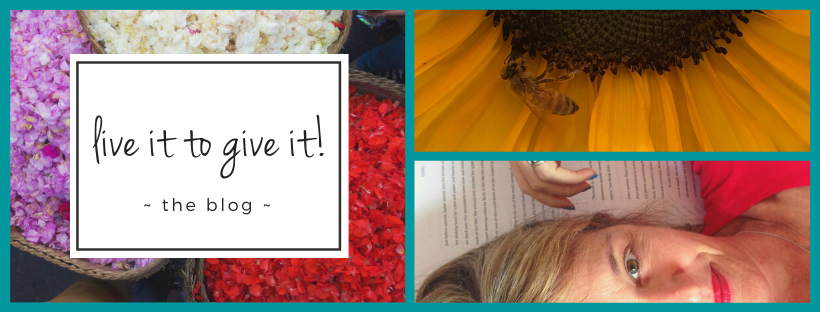
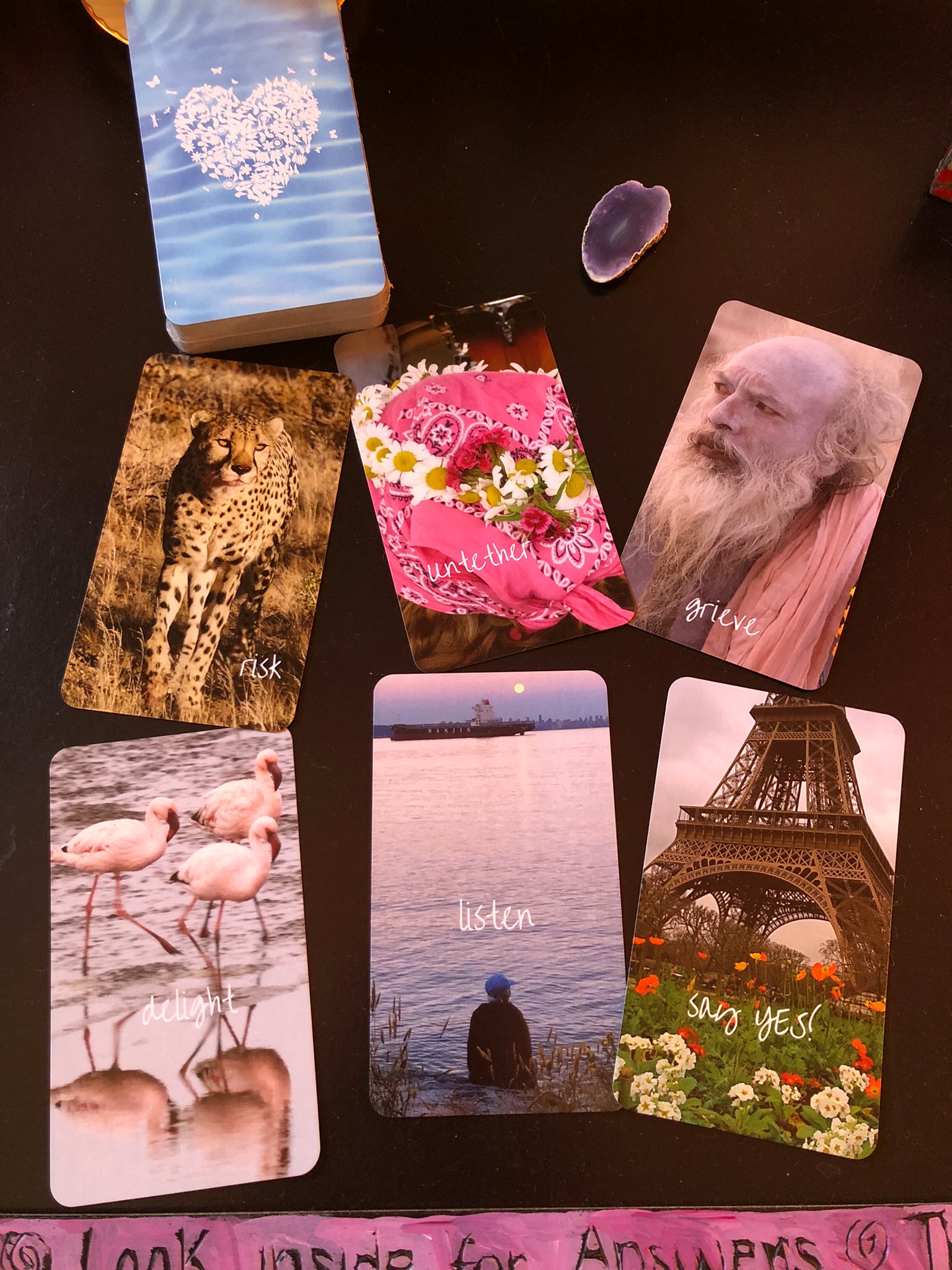
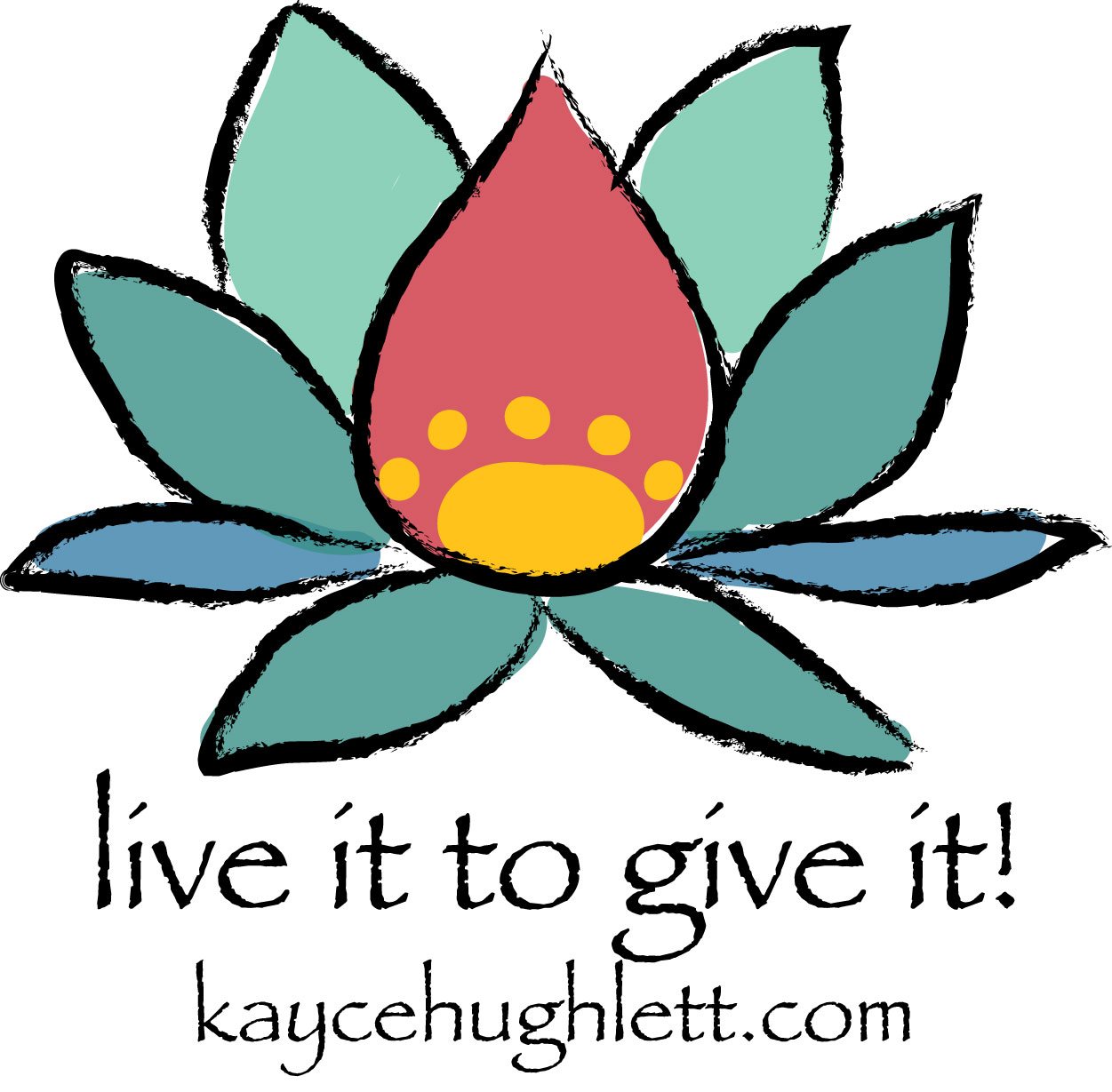

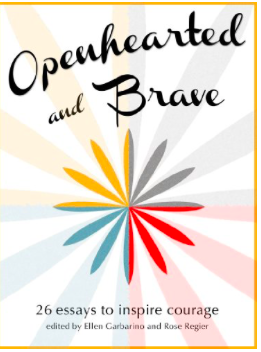
Reader Comments